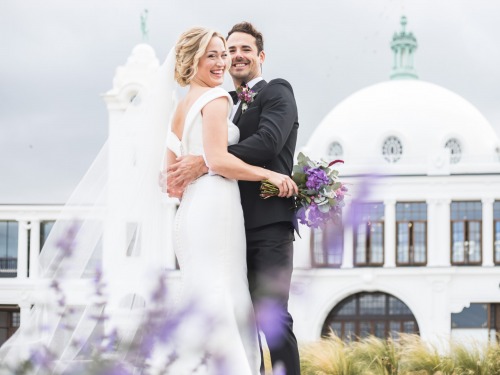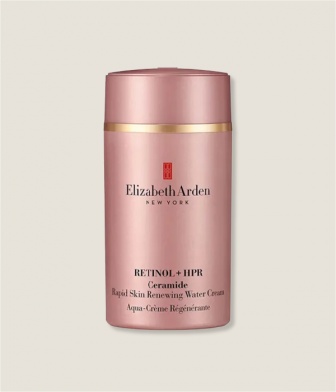
Everything You Need to Know About Retinol
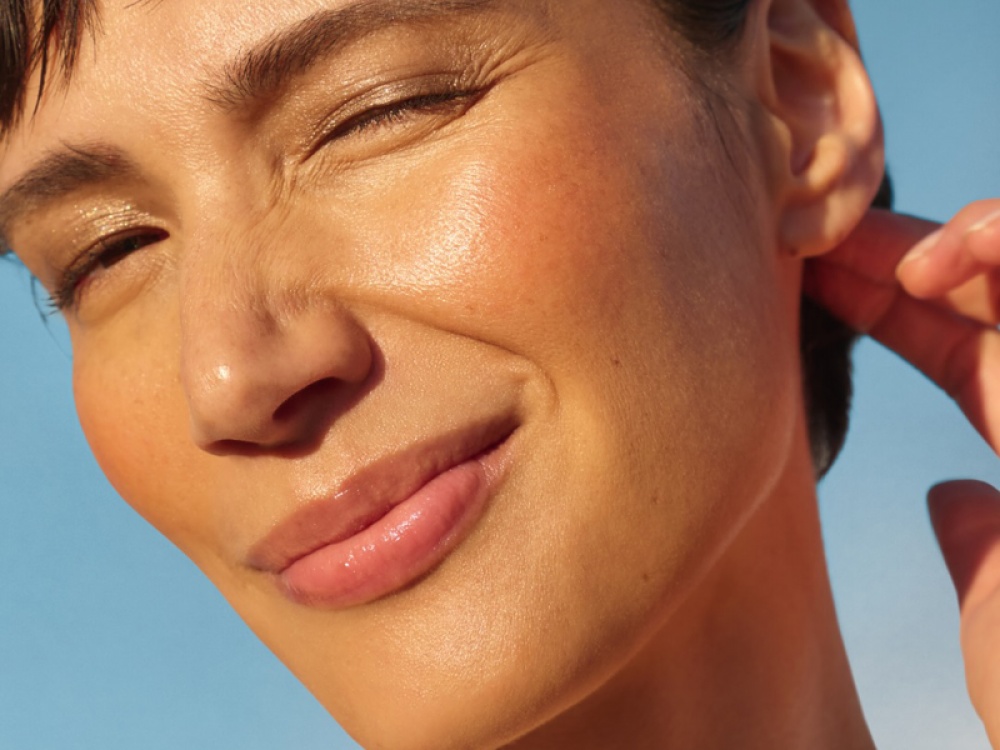
Despite being the beauty buzzword of the decade, and the mainstay of so many beauty products found on-counter, retinol and all its guises still manages to mystify
So what exactly is retinol?
Retinol is a derivative of vitamin A which is required by the body to boost cell turnover. Because it helps skin cell turnover, it improves the appearance of skin tone and texture. When applied to the skin, retinol first converts to retinal, and then to retinoic acid when the ingredients become active and visible results begin to occur.
What is the difference between retinoid, retinol and retinal?
Retinoid is a catch-all term for vitamin A-based products. Different types of retinoids are just vitamin A in different forms and strengths. Prescription-only Accutane is a well known oral retinoid used to treat acne. Tretinoin Retinoic Acid is a prescription retinoid targeting acne and anti-aging. Retinol is available over the counter and is not as strong as the prescription retinoids. Retinal (short for Retinaldehyde) is a retinoid too, just more potent and therefore faster acting (10 times faster), potentially delivering more visible results. Think of it as the next-gen retinoid that bridges the gap between gentle over-the-counter options and stronger prescription treatments. Retinal, surprisingly, is also less irritating on skin, and is the only retinoid with antibacterial properties – making it good for blemish-prone skin. However, retinal degrades quickly and is notoriously difficult to stabilise, so it is more difficult to find effective retinal formulas, and they do tend to be more expensive as a result.
When to begin?
Dermatologists tend to agree that anytime late 20s is early enough to start using retinol as a preventative measure against fine lines, dark spots and discolouration, so by the time you need to treat ageing concerns as you hit 40 or 50, your skincare routine is well accustomed to its use.
How to begin?
Slowly, is the advice from leading dermatologists. Retinol can irritate the skin if used too often, if it is too strong, or if your skin simply hasn’t had the time to get used to it. Always start with a low percentage retinol formula (between 0.1 and 0.3 percent) and only use it twice a week. If you exfoliate regularly then skip the retinol the day before and if you are undergoing beauty treatments such as microdermabrasion or micro needling, be careful not to over-sensitise your skin with retinol during treatment. Only when your skin has acclimatised to retinol should you increase to regular nightly use.
Can I use retinol if I have sensitive skin?
Yes. Everyone should expect some side effects such as mild irritation, dryness or flakiness when they first start to use retinol, but it shouldn’t burn or turn skin red in patches. If it does, stop! Anyone with rosacea, eczema or supersensitive skin who can’t tolerate retinol should look fora formula with bakuchiol, which has similar benefits without disrupting skin. There are also encapsulated, time-lapse formulas which gradually release the retinoid to help minimise irritation. You can also apply a layer of moisturiser before your chosen formula as a buffer to reduce irritation.
When do I use retinol?
Many retinoids can break down when exposed to UV rays, so applying it in the morning might mean it is less effective than applying at night. Whenever you apply it, always use a broad spectrum SPF every day. If you are away on holiday then avoid using retinoids when you know you are likely to be exposed to strong, direct sunlight.
What else do I use with my retinol?
Retinol can be drying, so always use a good moisturiser on top with hyaluronic acid for added hydration, but avoid using other potent actives like AHAs or BHAs at the same time to avoid irritation.
– Shop the Edit –

Retinol + HPR Rapid Skin Renewal Cream, £75 Elizabeth Arden
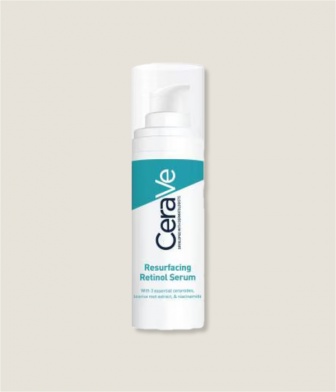
Resurfacing Retinol Serum with Ceramides,£22.95 CeraVe
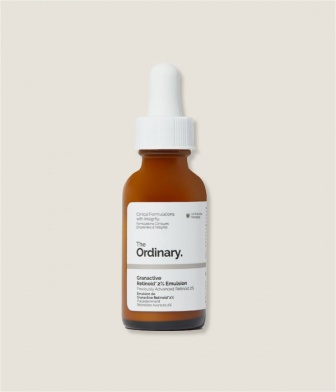
Granactive Retinoid 2% Emulsion, £11 The Ordinary
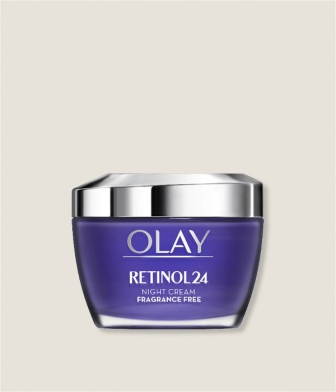
Retinol 24 Night Face Cream, £38 Olay
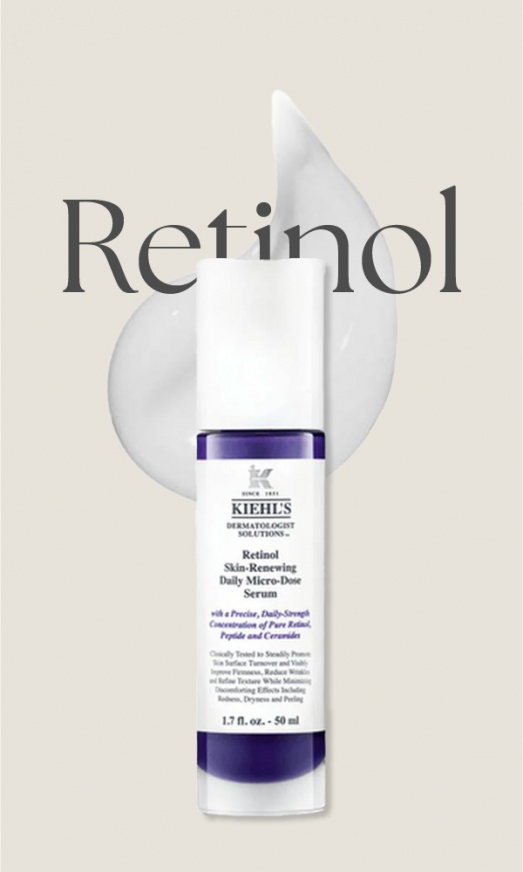
Retinol Skin-Renewing Micro-Dose Serum, £72 Kiehl’s
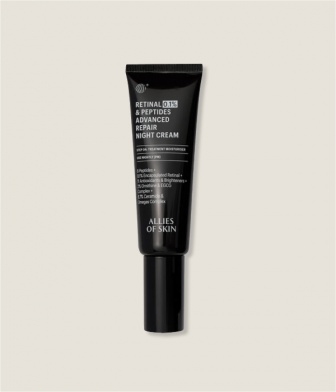
Retinal 0.1% + Peptides Repair Night Serum, £123 Allies of Skin
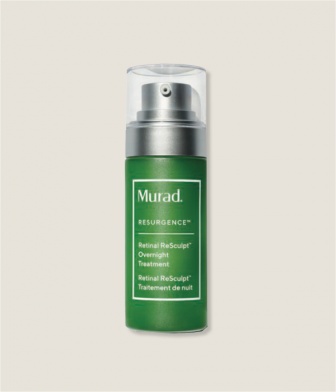
Retinal Resculpt Overnight Treatment, £105 Murad
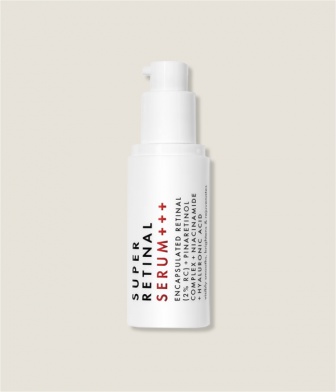
Super Retinal Rejuvenating Serum (2% Retinal Complex), £28 (Member’s Price), Beauty Pie
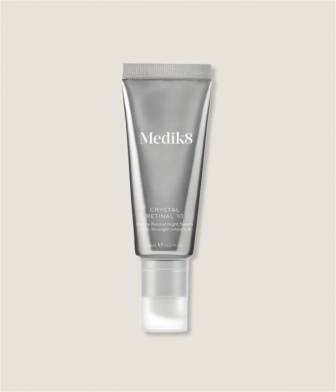
Crystal Retinal 10 Stable Night Serum, £89 MEDIK8
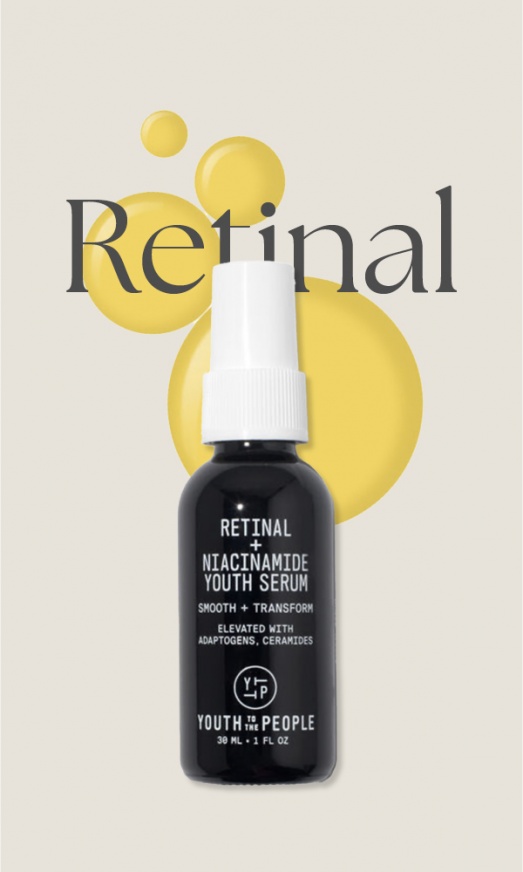
Retinal + Niacinamide Youth Serum, £66 Youth To The People




